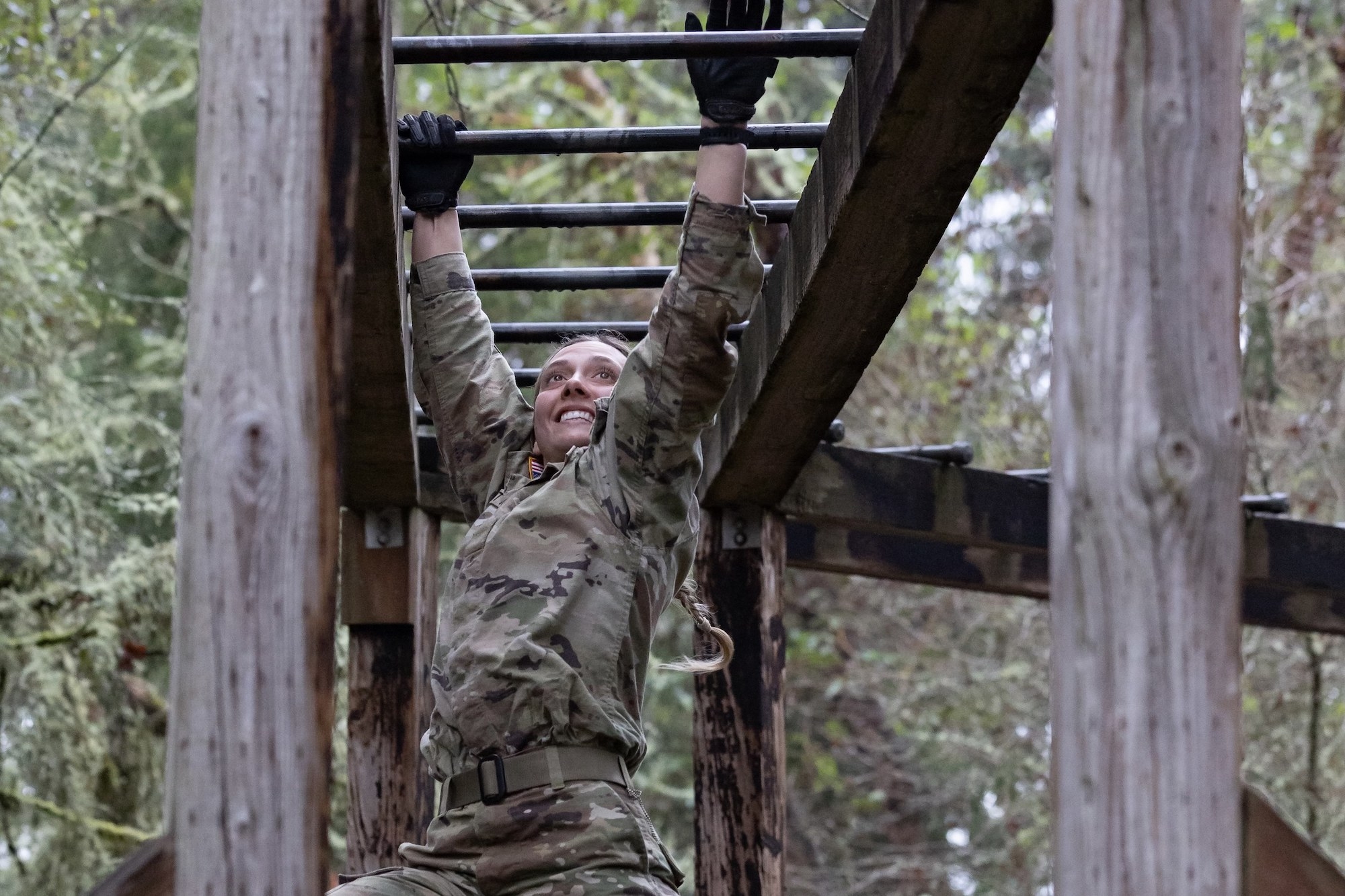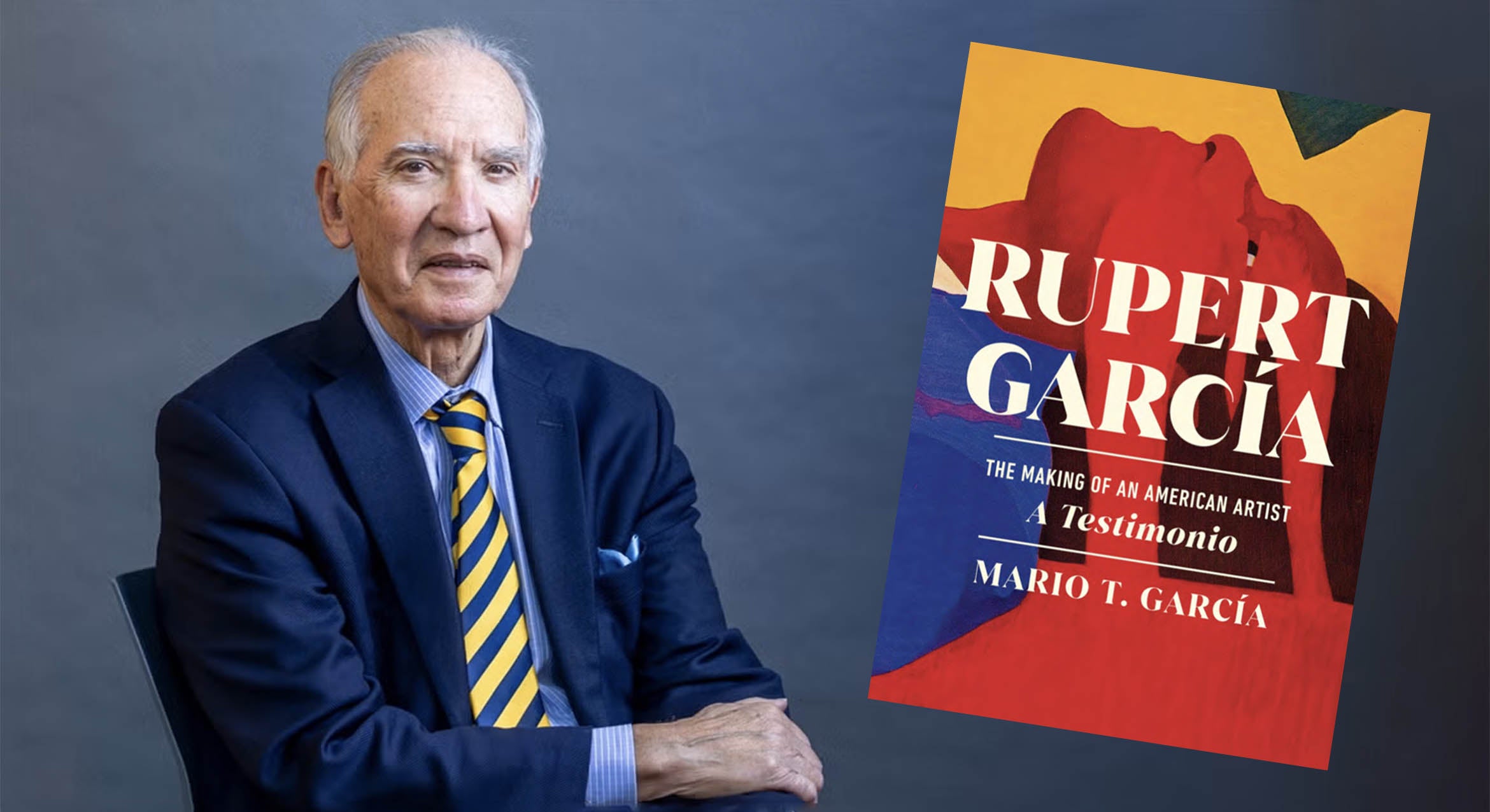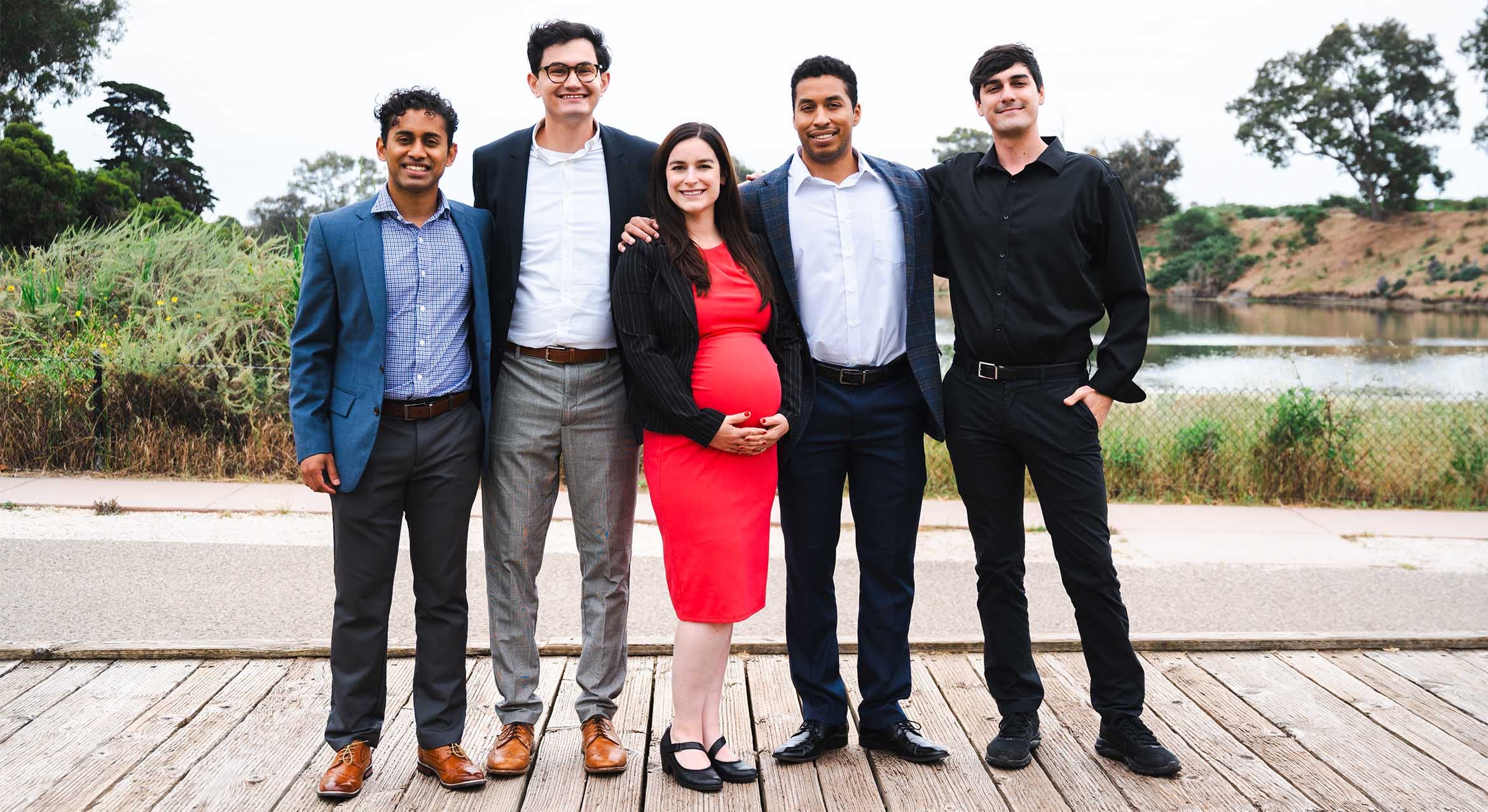Surf Battalion ROTC Ranger Challenge team records historic finish

UC Santa Barbara’s Surf Battalion ROTC Ranger Challenge team wrapped up its competitive season with an impressive fourth-place finish at the 8th Brigade Army ROTC Ranger Challenge, held in January at Joint Base Lewis-McChord in Washington. The annual competition pits top teams in various tests of skill, fitness and cooperation.
Led by captains Lauren Little and Karsen Flom, this year marked the first time that UCSB’s team advanced to the 8th Brigade competition, having earned an invite by finishing in first place last fall at the South Task Force Ranger Challenge, held at Fort Hunter Liggett in California.
“It was a great learning opportunity for the entire team,” said Flom, a junior Middle East studies major. “Of course we had a lot of fun, but the events were a lot different than what I expected and a lot harder compared to Fort Hunter Liggett. We had to rely heavily on our teamwork and quick-thinking skills. Overall I think we adapted well and, more importantly, we now know how the competition functions and have absorbed so much knowledge from the other teams.”
The first- and second-place teams in Washington move on to compete at the Sandhurst Military Skills Competition national championships, held in March at West Point.
UCSB’s ROTC program provides leadership training for students and prospective officers for the U.S. Army, U.S. Army Reserve and U.S. Army National Guard.
(805) 893-3207
keithhamm@ucsb.edu



